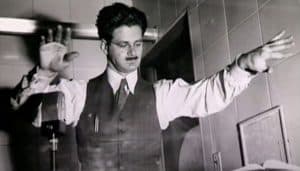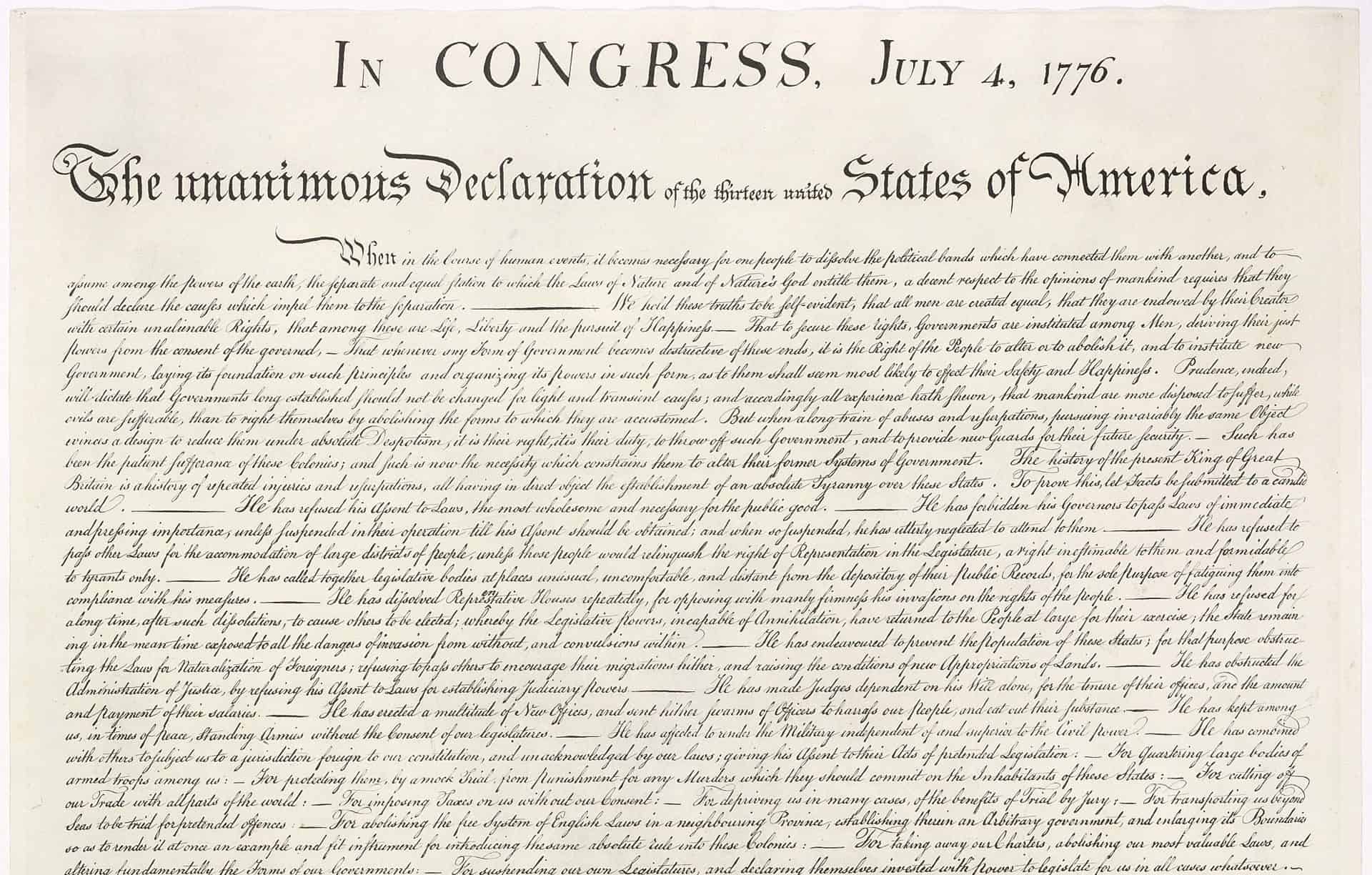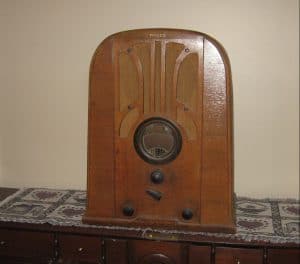We hold these truths to be self-evident, that all men are created equal, that they are endowed by their Creator with certain unalienable Rights….
—The United States Declaration of Independence, 1776—
God forbid that the day should ever come when, in the American mind, the thought of man as a consumer shall submerge the old American thought of man as a creature of God, endowed with unalienable rights.
—Benjamin Harrison—
Misinformed and Misled: How a Distorted Perspective of Rights Is Leading America into Tyranny, Part 1
A History Lesson from the Golden Age of Radio
When America neared the sesquicentennial of the ratification of the Bill of Rights to the US Constitution, President Franklin Delano Roosevelt realized radio would provide an excellent platform for a national celebration. Norman Corwin, who already had made his mark on radio as a talented producer, director, and writer, was a natural choice to spearhead such an effort. Corwin accepted and wrote an original script, which he called We Hold These Truths.
The special broadcast aired on the actual 150th birthday of the Bill of Rights—December 15, 1941. When it was scheduled, no one could have imagined that on December 7—a mere eight days earlier—the Japanese would bomb Pearl Harbor. After the “day of infamy,” the program highlighting the Bill of Rights became more important than ever.

Riding a tidal wave of patriotism, Americans gave We Hold These Truths the largest radio audience in history for a dramatic performance. Nearly half the US population—63 million people—tuned in. The broadcast hasn’t been forgotten, either. We Hold These Truths was recognized as recently as 2005 when it was named to the National Recording Registry.
You can listen to and download Norman Corwin’s birthday celebration for the Bill of Rights from this page. For your convenience, you also can listen to it here.
Why is We Hold These Truths so important?
- First, it reflects a depth of understanding of freedom and civil order that has eluded us today. Leonard Maltin writes,
Like all of Corwin’s best work, it [We Hold These Truths] was built on a foundation of genuine curiosity and the quest for knowledge—about the nature of the Bill of Rights, how it came about, and how it affected people. Corwin was never one to take the easy or obvious road, nor was he given to cheap sentiment. He celebrated what was best about America by showing its flaws as well as its strengths, by refusing to duck issues and controversies that had always surrounded the amendments to the Constitution.1
- Yet a second and even more important reason to rediscover this radio program is Americans’ need to become familiar with what actually happened in history with regard to their nation’s inception. Today as never before, history is being rewritten, and as a result American liberties are increasingly at risk.
- Thirdly and finally—and this is absolutely crucial—modern Americans need to rediscover and embrace the Founders’ perspective on rights. We see their perspective on rights in the Bill of Rights—all through the first Ten Amendments to the US Constitution. The Founders’ view contrasts sharply to the modern view. Simply put, to the Founders, rights were God-given and were maintained when government was restrained. Today, most people believe rights are theirs when the government intervenes in their lives in preferred ways. They thus believe that government is the source of rights. Mark it down: This collective belief sets the stage for the loss of true liberty.
To the Founders, rights were God-given and were maintained when government was restrained.
We’ll explore these ideas more thoroughly in future posts. Stay tuned—or, as they used to say decades ago on radio, don’t touch that dial!
An expanded version of this article is available here.
Part 2 is available here.
Copyright © 2016 by B. Nathaniel Sullivan. All Rights Reserved.
Note:
1Leonard Maltin, The Great American Broadcast: A Celebration of Radio’s Golden Age, (New York: New American Library, 1997), 46.
image credit: Norman Corwin

